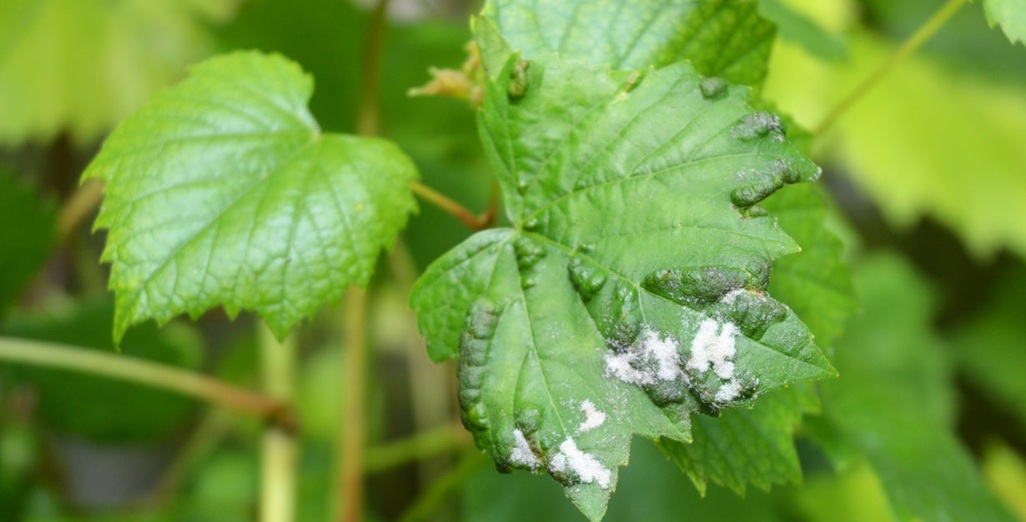Sign up here to subscribe to the Grower2grower Ezine. Every two weeks you will receive new articles, specific to the protected cropping industry, informing you of industry news and events straight to your inbox.
Apr 2021
Bio controls almost work all of summer
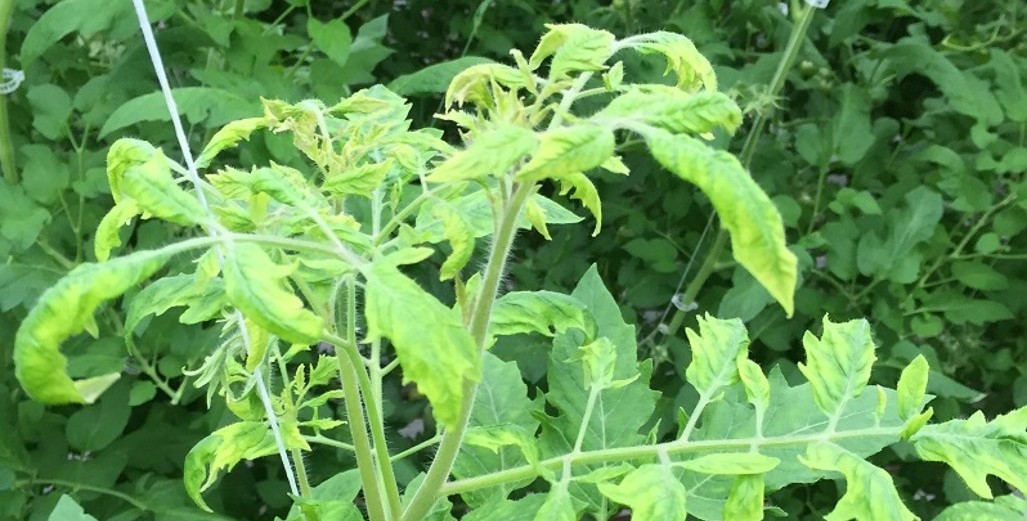
Psyllid yellows spoil good intentions
I am privileged to visit many sites and advise on multiple crops. Whilst I advise I continue to observe and learn. Growers’ greenhouse sites are like giant on-going research stations. In the pursuit of constant improvement growers are always looking for an edge. This is why industry continues to help with projects like the A Lighter Touch programme (ALT). https://a-lighter-touch.co.nz/ However, greenhouse vegetable growers have been implementing and trying lighter touches for decades. Still, many more are required.
One crop in particular, a cherry tomato crop, has caught my eye this season which was chemical free for four months from the beginning of November to the end of February. It was contrary to my advice and I was genuinely excited with the results, but I always had that nagging feeling that psyllids could or would cause damage. Whitefly was controlled sufficiently with Encarsia and other biological products.
Unfortunately, my concern has become a reality, the crop is suffering from psyllid yellow damage. As it takes over a month or even more to visually see if a plant has been infected the true number of infected plants is still unknown. Symptoms started showing up in March and even now I am identifying plants that previously that had not shown symptoms. This invisible enemy and the damage it causes is disheartening, especially when the intentions and application of biologicals had been spot on.
Just this week I had another long-term tomato grower contact me for advice to control psyllid yellows that were identified at the property. The grower had limited experience with psyllid yellows. It is difficult to explain that even if you immediately apply an insecticide you will continue to see plants showing symptoms for the next six weeks or even longer. Tomato potato psyllid is the primary vector (transmitter) of a bacterium, Candidatus Liberibacter solanacearum and have been since around 2007 in NZ. Either this grower has been extremely lucky in previous years not to have had psyllids on his property or routine spraying of insecticides has been effective in reducing psyllid yellow infections. I believe this grower is trying a lighter approach, the negative is that psyllids single handily have ruined the opportunity for this commercial grower and they will likely go back to what protects their business.
In conclusion – there is still a lot of work to do, and this is just one reason why I fully support the ALT programme. If we can control psyllids with a lighter touch then other biological applications will have greater success.
See links below for more information on the ALT programme and a factsheet on Tomato Potato Psyllid (TPP)
https://a-lighter-touch.co.nz/
Cover photo of obvious psyllid yellow infection – below photo is more subtle, possibly the initial stages of the infection.
Article written and compiled by Stefan Vogrincic
All Article’s checked and edited by Marie Vogrincic
I appreciate your comments. Please feel free to comment on the grower2grower Facebook page:
https://www.facebook.com/StefanGrower2grower/
CLASSIFIED
Subscribe to our E-Zine
More
From This Category

Metazet investigates chemical resistance of cultivation gutters: material choice crucial under stricter cleaning protocols
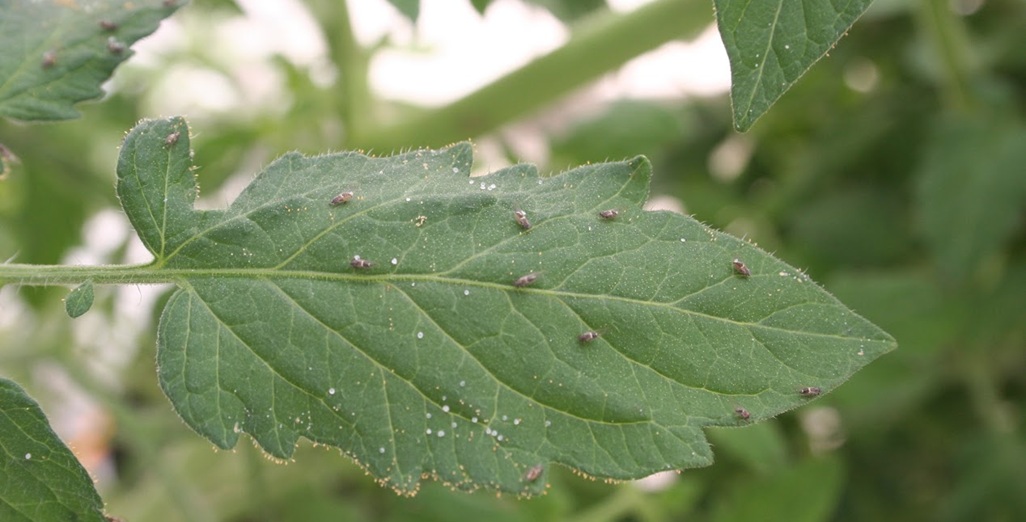
Tomatoes biocontrol focus of new podcast series
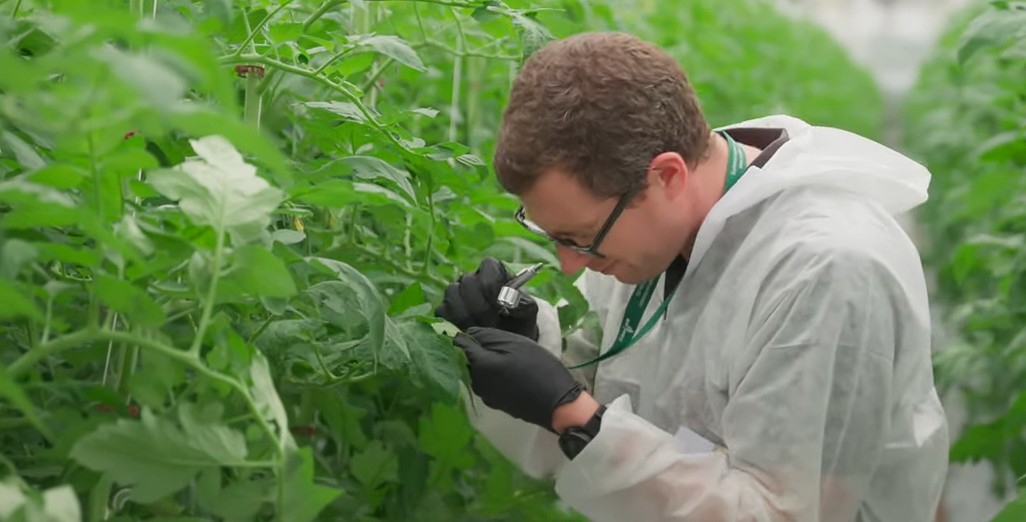
Have your say and go in to win (ALT)
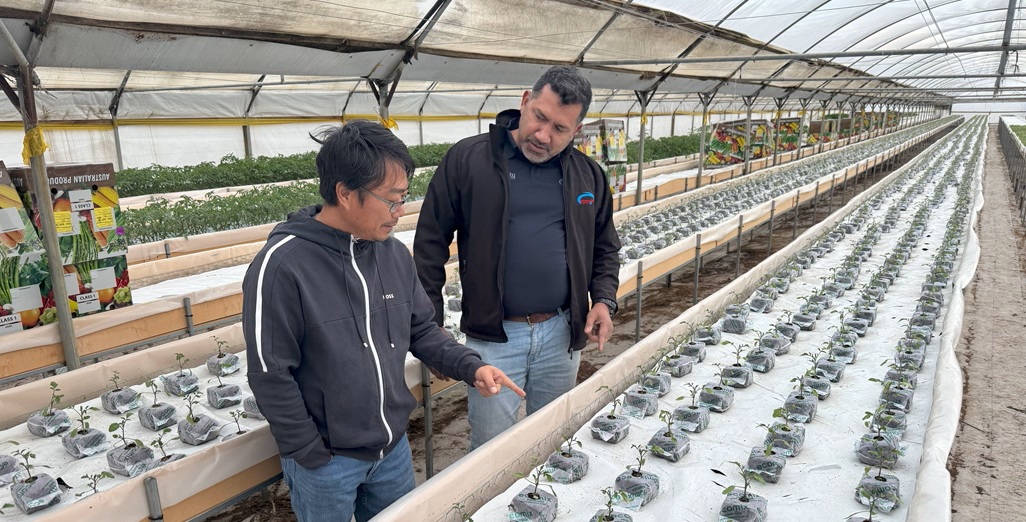
Visit to Ecomix Headquarters in Melbourne
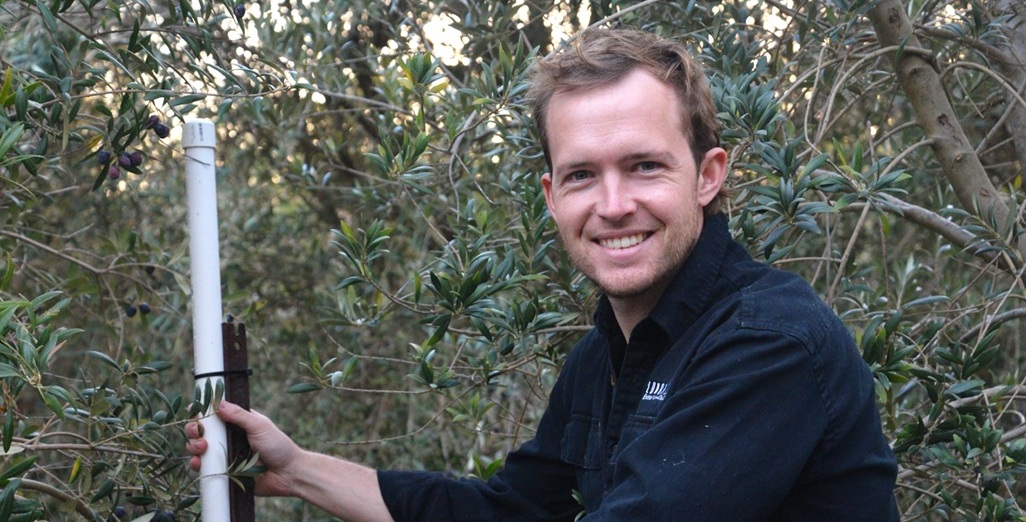
Australian horticulture’s $1 billion annual productivity opportunity
